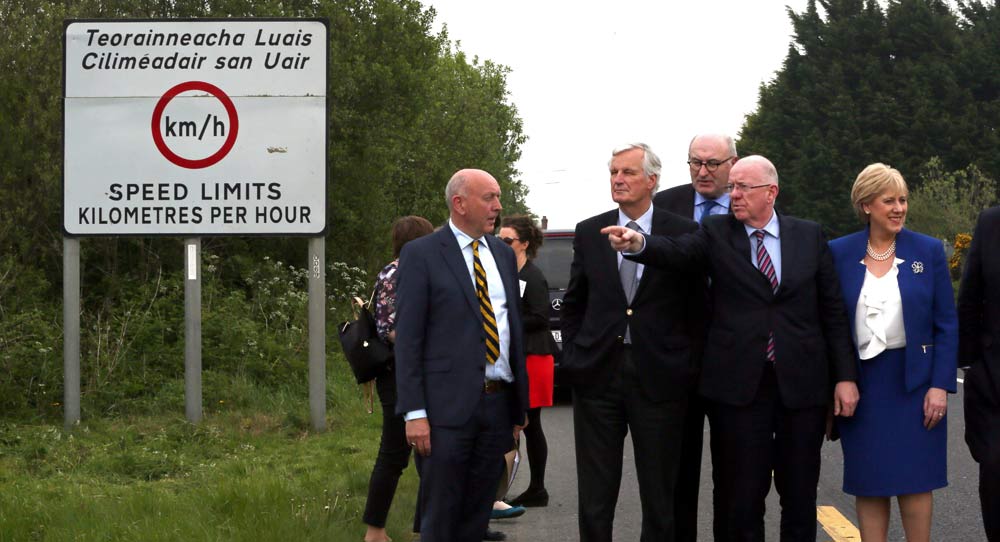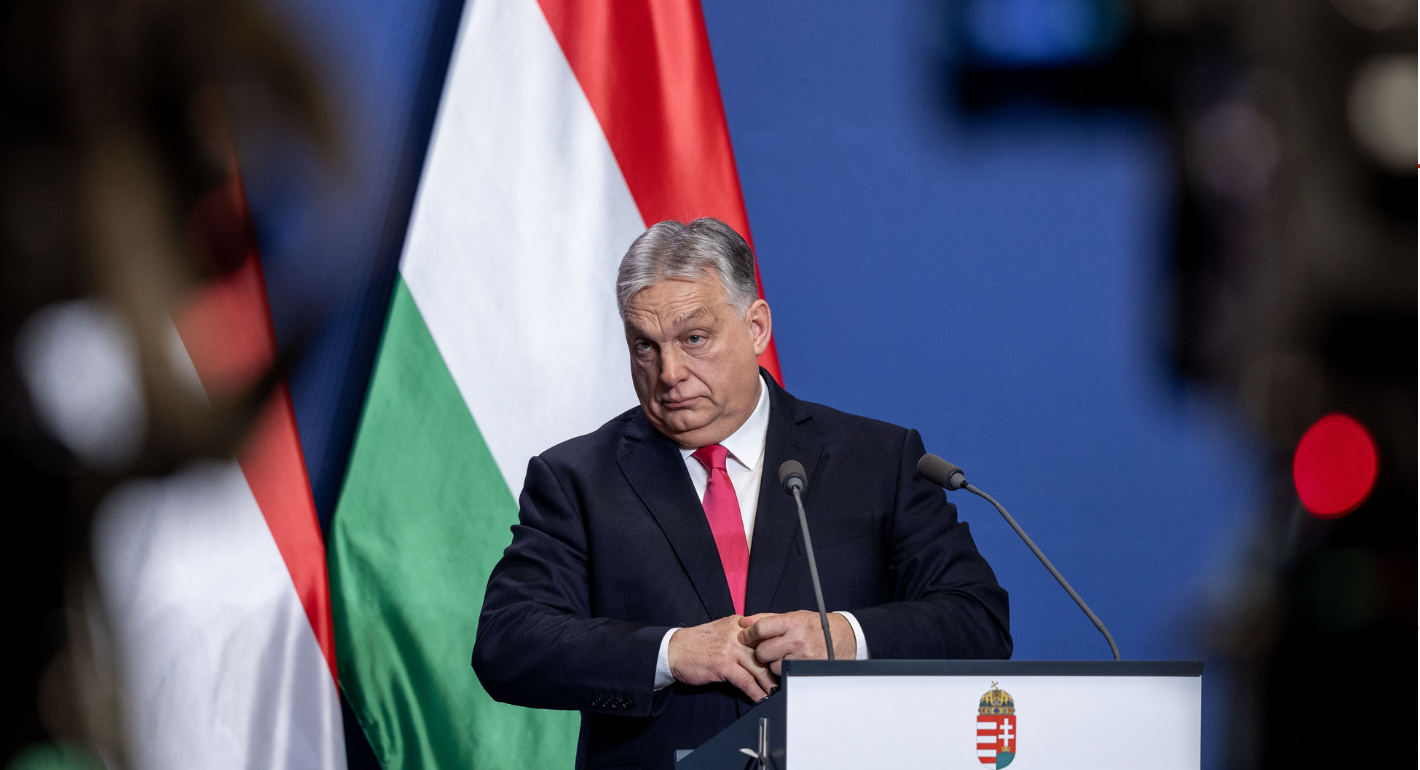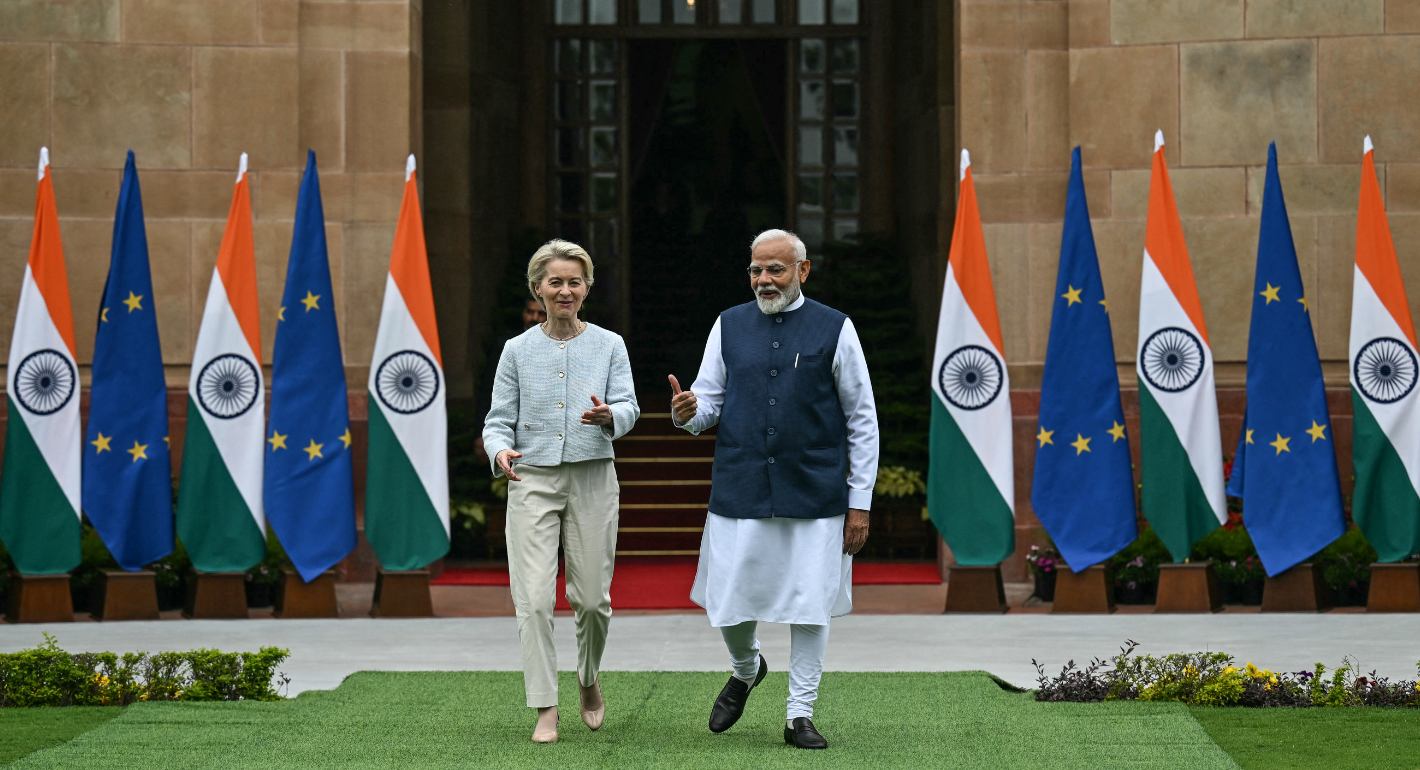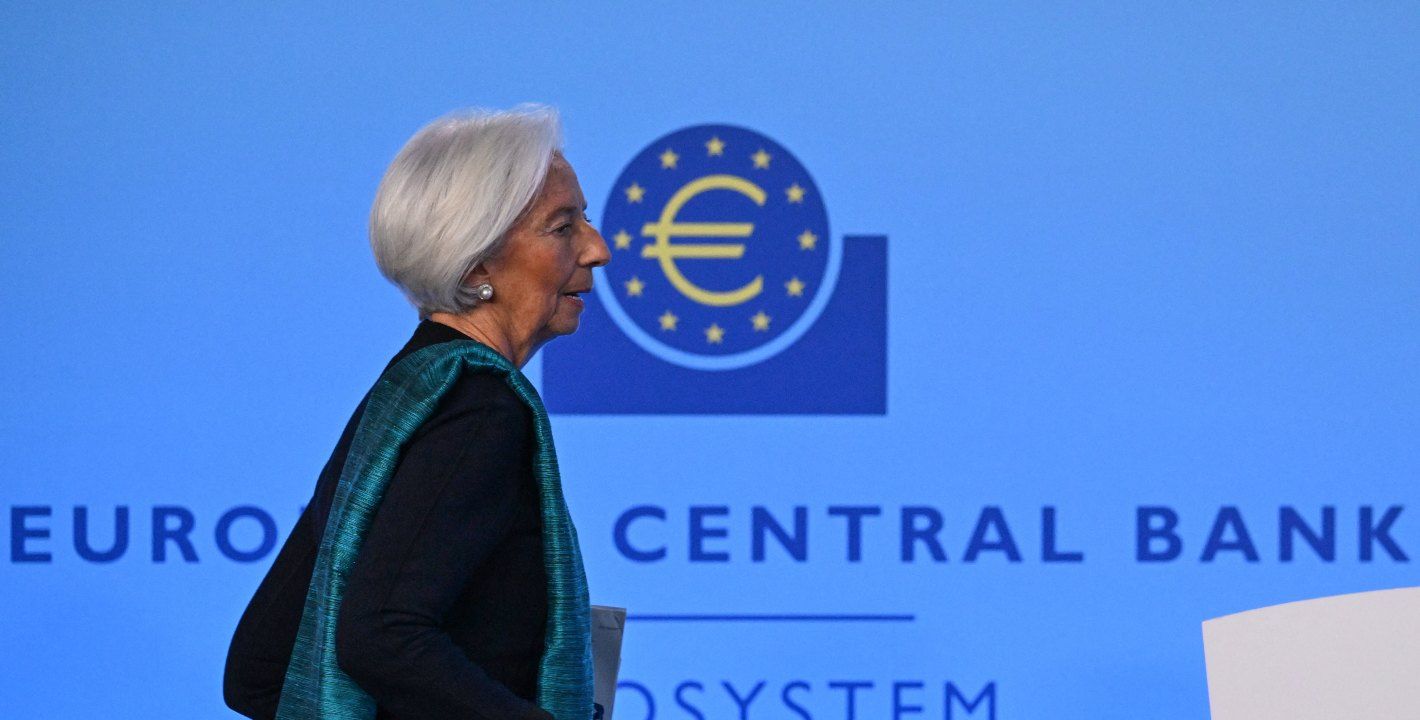Federico FabbriniProfessor of European law at Dublin City University (DCU) and director of the DCU Brexit Institute
The Northern Ireland question is the most complicated problem raised by Brexit. While negotiations on this file are currently underway, the resolution should be found between two poles.
On the one hand, the Good Friday Agreement—as implemented in the 1998 Norther Ireland Act and the Irish Constitution—would allow Northern Ireland to vote to reunite with Ireland, with the latter’s consent. The European Council made clear at the time of the approval of the Brexit negotiating guidelines that if such a scenario were to occur, then Northern Ireland would automatically be part of the EU (just like when East Germany was reunified with West Germany).
On the other hand, if the UK was to leave the EU without a deal, and relations between the EU and the UK were to fall back on WTO terms, then Northern Ireland would become separated from Ireland, raising the daunting prospect of a land border.
Between these two poles, skilled diplomats and foresighted political leaders should endeavor to find intermediate solutions to preserve a seamless border between Ireland and Northern Ireland. These can be either tailored-made for the Northern Irish situation (such as a frontier traffic exception under the General Agreement on Tariffs and Trade), or focused more broadly on the future position of the UK vis-à-vis the EU in an outer ring of economic cooperation within a Europe of concentric circles.
Andrew Gilmore Deputy director of research at the Institute of International and European Affairs, Dublin
It is unlikely that Northern Ireland can remain in the EU after Brexit. There is no framework for a part of a member state to remain in the EU after the member state’s withdrawal, and no precedent for a part of a non-member state to independently become a member of the EU.
A convincing case can certainly be made that Northern Ireland’s unique circumstances require unique consideration—if not EU membership, then perhaps leave to remain a party to the EU’s customs union and single market. Making that case would require political will, however, and consensus between Dublin, Belfast, London, and Brussels. With the pro-Brexit, and staunchly pro-UK, Democratic Unionist Party (DUP) propping up a weak Conservative government in London, any differentiation of Northern Ireland from the rest of the UK will not be readily endorsed.
And there is a more practical problem. Such a “special status” might address the pressing issues that Brexit creates for the border and for cross-border trade with Ireland, but it also has the potential to create those same barriers between Northern Ireland and the rest of the UK. In essence, it could create as many problems for the Belfast-London relationship as it solves for the Dublin-Belfast one.
A more elegant solution, unlikely as it may seem at time of writing, would be for the UK to soften its current stance and commit to the country as a whole adhering to EU customs union and market regulations after Brexit.
Denis MacShane Former UK minister for Europe
Like a demon rising from its grave, we are witnessing the return of the most toxic alliance ever in British parliamentary history—that between hardline Ulster Protestant Unionists and the most reactionary elements of English Conservatives.
When Mrs. May agreed with Michel Barnier that the Article 50 negotiations would focus on guaranteeing the Good Friday Agreement, she had no idea that within weeks she would be in a parliamentary alliance with the DUP, which dislikes the Catholic Church and Dublin in equal measure. The DUP are using Brexit to bring an end to the peace process with the return of British customs-control border posts on the currently open border in Northern Ireland.
Two solutions exist: the UK could announce that Britain would stay in the EU customs union; or there could be an all-Ireland solution, just as there is an all-Ireland rugby team, and all-Ireland electricity market, and all-Ireland agricultural industry.
But the hardline Tory Brexiters want the UK to quit the EU customs union as final proof that the UK is amputated from Europe and the DUP want to destroy the peace process to define their corner of Ireland as an expression of Protestant supremacy. The Irish question overwhelmed British politics between 1860 and 1922. It is now back.
Tom Nuttall Charlemagne columnist for the Economist
Northern Ireland will leave the EU when the rest of the United Kingdom does: on, or soon after, March 29, 2019. Whether an arrangement can be found that somehow yanks Northern Ireland out of the EU's customs union and single market, while maintaining the regulatory convergence with the south needed to avoid a hard border, will tax the imagination of trade experts to its limit. The technological proposals favored by British officials are laughed off by businesses on both sides of the border, and derided by the EU as “magical thinking.” Nor is the border issue a parochial Irish concern: other member states will hardly allow exceptions to the rule that countries adjoining the EU’s external frontier are expected to police it.
At next month’s European Council summit, a classic EU fudge—in which Britain acknowledges the need for a special arrangement ensuring limits to regulatory north/south divergence, but without providing details—may constitute the “sufficient progress” needed to unlock Brexit talks on trade and transition. But that will unsettle the unionists, who keep Theresa May's government afloat, as well as some of her own Tories, and merely postpones the day on which an impossible question will demand a precise answer.
Jonas Parello-Plesner Senior policy fellow at the Hudson Institute
Northern Ireland? For years, it has been out of the international limelight. Until the 1998 Good Friday Agreement, this was one of Europe’s trouble spots requiring American mediation. Since then, Northern Ireland has remained peaceful. Unexpectedly, Brexit could unravel that if a border wall is erected on the island. Everyone involved claims to want to avoid this scenario, yet no one has a workable solution.
If the UK reverses its decision on leaving the EU single market as part of Brexit, there wouldn’t be the need for a border. That is, of course, unlikely. Thus, a special arrangement should be worked out. One option would be to grant Northern Ireland special status to stay in the single market, but would disconnect it from the UK. This scenario wouldn’t please the DUP, which supports the UK’s Conservative government in parliament. Perhaps technological options make it possible to process customs and tariffs without a physical border structure. On this point, the EU should be flexible.
Brexit is the decision of the British people; yet it would be (an even bigger) disaster if it led to the unraveling of one of Europe’s most successful and inspiring cases of conflict-resolution in Northern Ireland. There is still time before the next European Council summit in December for genuine diplomacy. It is high time for the British, Irish, and Northern Irish to come together and find a solution. We don’t need new borders in Europe.
Marc Pierini Visiting scholar at Carnegie Europe
Whether a Brexit deal will create a hard border between Northern Ireland and the Republic of Ireland will no doubt remain a thorn in the negotiators’ sides for months to come. Two perfectly antagonistic views confront each other.
On the one hand, if “Brexit means Brexit,” then, logically, Northern Ireland will be out of the EU and border control will become a reality on the road between Belfast and Dublin. Yet Theresa May declared, “We want to ensure that movement of trade and people across that border can continue as it does now.”
On the other hand, the politics of the reconciliation process may resurface, making the hard border issue a much larger problem than just reinstating physical border controls. The EPP group in the European Parliament, for example, just stated its position that there should be “no hard border on the island of Ireland;” such a scenario would go against peace and the Good Friday Agreement.
Whether or not a special deal—or “opt out” arrangements—can provide a way out of the problem is far from clear. The obvious danger is that Brexit might end up breaking the dynamics of reconciliation in Northern Ireland, in which case issues such as identity, sovereignty, and citizenship would become predominant.
Gianni Riotta Member of the Council on Foreign Relations
I guess not. Brexit negotiations are slowly morphing from an ideological battle into a messy divorce, with savvy lawyers convincing the former partners to give in and avoid an utter disaster. Merkel’s woes and Macron’s impasses are making Europe less than a stern champion and so a solution, but a pastiche more than a square deal, will finally be achieved.
Yet on migration and borders, Brussels is hampered by angry citizens (on both the left and the right), and even the difficult deals with Apple, Google, and the other high-tech giants make any fudging of the issues a challenge.
Ireland was until recently a bleeding wound in Europe; crossing the island’s border was a war zone experience, akin to no man's lands in Middle Eastern countries. I do not see any easy solution at hand and hope to be dead wrong.
Denis Staunton London editor of the Irish Times
It may be legally possible for Northern Ireland to remain in the EU after the rest of the UK leaves but it is politically unthinkable. Although most voters in Northern Ireland in last year’s referendum chose to remain in the EU, the DUP, which represents the majority unionist community, is determined that the province should leave the EU along with the rest of the UK.
Theresa May’s minority government depends on the votes of the DUP’s ten parliamentarians at Westminster for survival and the party has warned her against any move during the Brexit negotiations that could weaken the link between Northern Ireland and the rest of the EU. In Dublin and Brussels, where they fear that the UK’s decision to leave the single market and the customs union, officials have suggested that Northern Ireland could continue to adhere to the EU’s regulatory regime after Brexit.
Since the Good Friday Agreement, there have been more than 100 policy areas subject to cooperation between Northern Ireland and the Republic of Ireland. Creative thinking could prevent a hard border on the island by allowing the United Kingdom and Northern Ireland to operate as one country with two systems.










